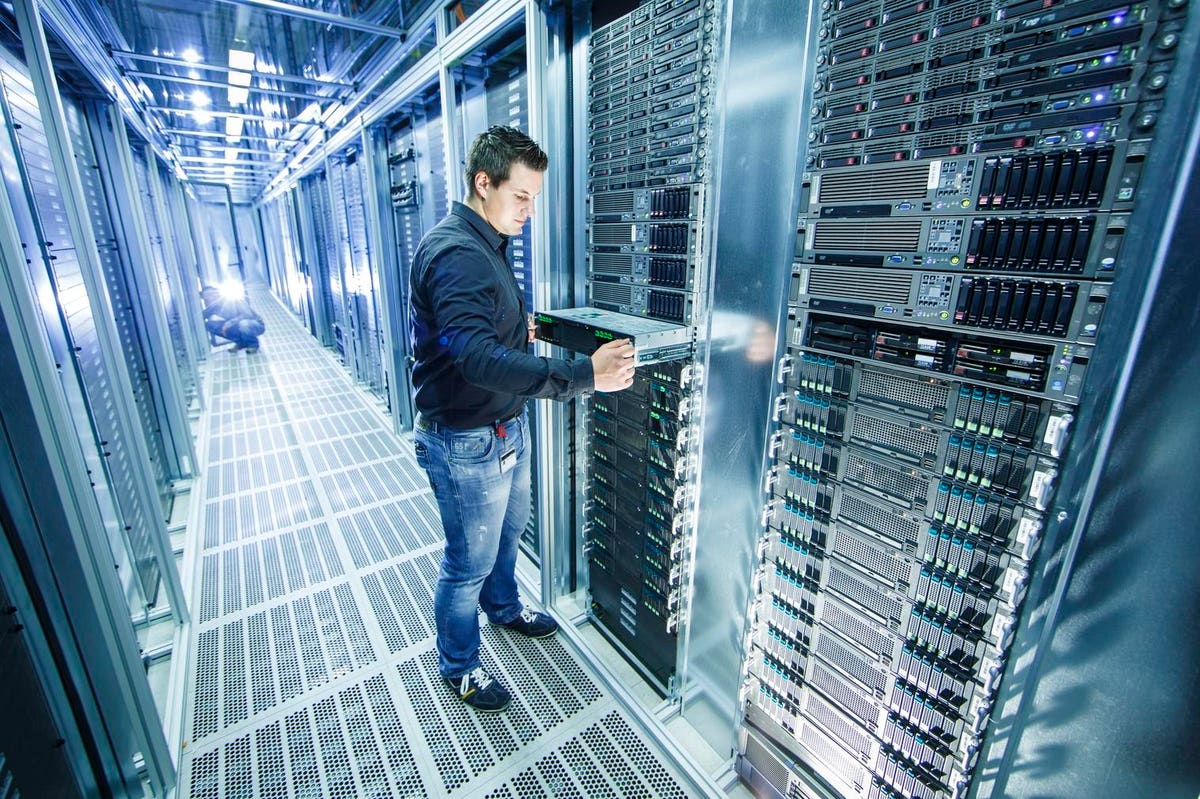
In the current era dominated by centralized entities, decentralized infrastructures, or clouds, are emerging as the foundation for a new wave of decentralized applications. These decentralized clouds, such as Dfinity’s Internet Computer, Filecoin’s decentralized storage, and OORT’s decentralized data cloud, are driving technological innovations. However, the role of blockchain in this decentralization technology may be unfamiliar to many. This article aims to demystify blockchain’s pivotal role in decentralized clouds for those less acquainted with decentralization technologies.
Decentralization is often misunderstood as merely data being processed and stored in geographically distributed servers. While geographical distribution is an essential aspect, decentralized governance is equally crucial. Decentralized governance means that the network’s servers are managed and operated by many independent and diverse entities from different regions. This decentralized governance is even more critical than geographical distribution as it ensures the integrity and balance of the system.
To illustrate the importance of decentralized governance, consider the scenario where a single organization has control over every Bitcoin mining machine worldwide. This organization could potentially manipulate the Bitcoin ledger, destroying its value instantly. This highlights the risks of relying solely on geographical decentralization and underscores the need for decentralized governance.
This is why tech giants like Amazon or Google, despite their capabilities to create decentralized cloud networks, cannot supersede existing decentralized infrastructure projects. Their governance remains centralized, which poses risks to the integrity and security of the system.
Blockchain technology provides the foundation for decentralized governance in these infrastructures. By interlinking all geo-distributed data servers globally, blockchain offers two main advantages. Firstly, it builds trust in trustless environments by serving as a public ledger that records all actions of every participant in the network. This transparency and immutability foster trust among all parties. Secondly, blockchain facilitates incentives to each participant through cryptocurrency. This feature is crucial for cross-border microtransactions, incentivizing entities in the decentralized network.
While current decentralized solutions may not match the enterprise-grade performance of centralized services like AWS or Google, the demand for data privacy and cost-effectiveness is driving the ascent of decentralized infrastructures. The continuous evolution of technology promises a future where decentralization is the norm, pushing centralized entities to realign their strategies with this unfolding reality.
As we embark on the journey of decentralized infrastructures, the marriage of technologies like blockchain holds the promise of a future filled with possibilities. It empowers a world where decentralization becomes the standard rather than an alternative. Understanding the pivotal role of blockchain technology is crucial for embracing the future of decentralization.
In conclusion, decentralized clouds are revolutionizing the way we approach infrastructure and applications. Blockchain technology plays a pivotal role in enabling decentralized governance and building trust in these infrastructures. As the demand for data privacy and cost-effectiveness increases, decentralized solutions will continue to evolve and reshape the technological landscape. Embracing this decentralized future requires a nuanced understanding of blockchain’s role and its transformative potential.






